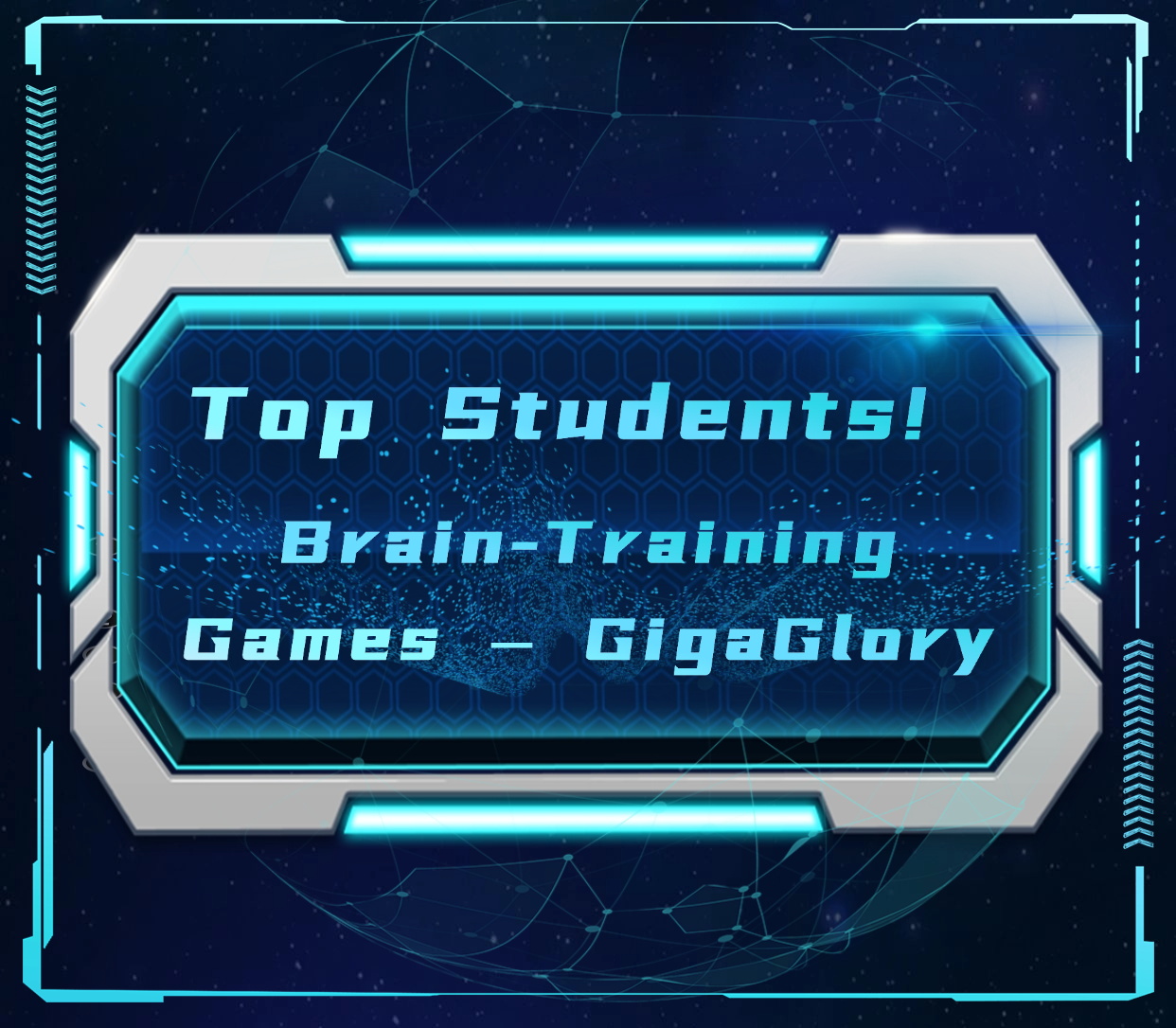Why Multiplayer Strategy Games Are Redefining Teamwork and Competition
In an era where gaming isn't just a hobby but a cultural phenomenon, multiplayer strategy games stand out for their unique take on teamwork and competition. These games have evolved to be more than just entertainment; they offer insights into collaboration and competition, influencing how we approach challenges both in-game and in real life. Whether it's Star Wars Battlefront 2 or Star Wars LEGO: The Last Jedi, the gameplay nuances reveal much about player dynamics. Let's dive into why these games are pivotal in shaping modern interactions.
The Rise of Teamwork in Multiplayer Strategy Games
Teamwork within gaming has seen a significant transformation. Multiplayer strategy games foster cooperation among players, urging them to work together to achieve common goals. In traditional single-player experiences, the focus is typically on individual achievements. However, with multiplayer platforms, the narrative changes.
- Collaboration Over Competition: Players must coordinate strategies, share resources, and make tactical decisions that affect the entire team.
- Real-time Problem Solving: Challenges often arise unexpectedly in-game. Teams must adapt quickly to changing situations.
- Communication Skills: Success often relies on clear and concise communication, fostering these crucial skills in real life.
Redefining Competition
The competitive landscape of gaming is equally impacted by multiplayer strategy games. These games challenge the norms of competition by combining it with teamwork. Each player’s performance significantly affects the team's success, altering how competition is usually perceived.
| Aspect | Traditional Games | Multiplayer Strategy Games |
|---|---|---|
| Focus | Individual Achievement | Team Success |
| Player Dynamics | Solo Play | Cooperative Play |
| Outcome Influence | Self-Determined | Team-Dependent |
Learning from Setbacks: Mid-Match Crashes
One notable frustration within multiplayer strategy games is the dreaded mid-match crash, particularly highlighted in games like Star Wars Battlefront 2. Imagine strategizing with your team, only to face a sudden crash right in the thick of battle. This leads to unexpected outcomes and challenges players to revisit their approach to the game.
Interestingly, these setbacks can foster resilience. Players learn to recover from failures quickly and develop strategies to mitigate losses caused by technical issues. This skill becomes invaluable both in gaming and real-life scenarios where unforeseen challenges arise.
Engaging the Broader Audience
Games like Star Wars LEGO: The Last Jedi bring a different demographic into the fold, merging classic gameplay with fresh narratives and characters. This points to a growing trend in the gaming industry: inclusivity. Multiplayer strategy games are designed to cater to novice gamers and experienced players alike, ensuring everyone finds their niche.
This shift promotes a culture of acceptance and learning. New players are encouraged to jump right into complex strategies without feeling alienated, while veterans relish the opportunity to mentor and collaborate with fresh-faced players.
Strategic Development and Critical Thinking
Playing multiplayer strategy games enhances cognitive skills. Players must make rapid and strategic decisions, often under time pressure. The combination of teamwork, strategy, and competition fosters a productive environment for developing critical thinking and tactical skills.
- Resource Management: Players learn to manage both personal and team resources effectively.
- Strategic Planning: Long-term goals become paramount, requiring players to map plans while accounting for potential risks.
- Adaptability: The dynamic nature of these games forces players to remain flexible and ready for unexpected events.
Conclusion: The Future of Multiplayer Strategy Games
The evolution of multiplayer strategy games is incredibly significant in how we view teamwork and competition. From collaborating in the face of adversity to redefining competitive dynamics, these games are a reflection of a broader narrative about teamwork in every aspect of life. The challenges posed by glitches and crashes, along with the engagement of a diverse audience, continue to shape this ongoing story.
As we move into the future, it remains clear: multiplayer strategy games not only entertain but also educate, helping us navigate the vital skills needed for both gaming and life. So the next time you find yourself engrossed in a game with friends, remember: the collaboration you’re engaging in is just as important as the victory you might achieve!



